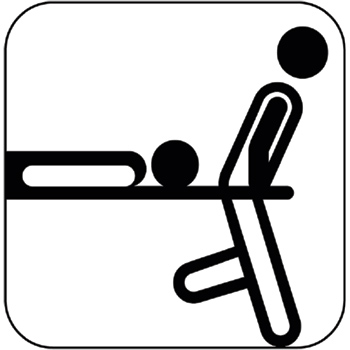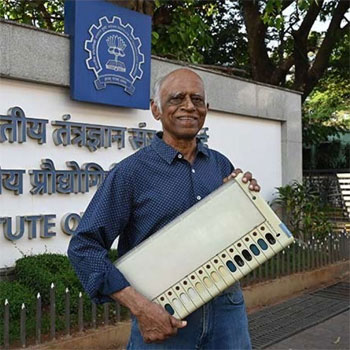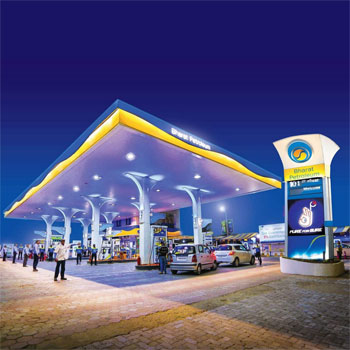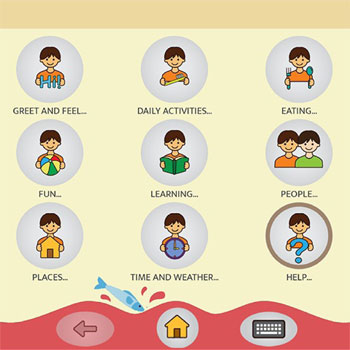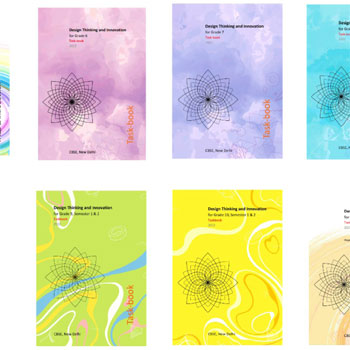Prof Ravi Poovaiah Professor, Industrial Design Centre, Indian Institute of Technology (IIT) Bombay Professor Ravi Poovaiah is senior faculty member at the Industrial Design Centre (IDC), Indian Institute of Technology (IIT) Bombay. He has backgrounds in Mechanical Engineering, Product Design and Graphic Arts Education having studied respectively at Indian Institutes of Technology at Madras and Bombay (IIT Madras and IIT Bombay) and at the Rhode Island School of Design (RISD), Providence, USA. His current pedagogic as well as research and design interests are in fields related to Interaction Design, New Media Design, Visual Design and Product Design and his research interests are in areas related to Visual Language, Information Visualisation, Visual Narratives, Way Finding Systems, Interaction Devices, Collaborative Social and Learning Environments and Designing for Children. He is involved with building digital resources related to ‘Design Learning’, 'Folk Tales', 'Interactive Systems', 'Designing for Children', 'Design of Way-finding Systems' and 'Design in India' with free and open access to networked information. He has been co-ordinating along with NID and IIT Guwahati, a Ministry of Human Resources sponsored project named ‘e-kalpa’ to build an open source digital learning environment for design in India. He is also the co-director of a research project named COSMIC on experimenting with Social Media at IIT Bombay along with collaborative Institutes NTU and NUS in Singapore. Professor Poovaiah has worked on projects with major industry leaders such as Microsoft, Yahoo, Google India, Motorola India, Indian Oil Corporation, Bharat Petroleum Corporation, Bharat Electronics Limited, Siemens India, among others. Professionally, he was involved with the retail design of a chain of superstores for the Khadims group in the Eastern part of India. He was also involved with designing the corporate vision and retail design for one of the three major oil corporations of India, Bharat Petroleum, implemented across all its outlets in India (4 to 5 thousand). Earlier he was involved with similar exercise for Indian Oil Corporation. Along with his colleague, he has also designed an electronic voting machine (EVM) for India built by Bharat Electronic Limited.






